Quercus du Château La Vaisinerie 2016
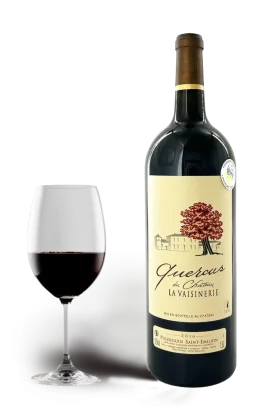
AOC Puisseguin Saint-Emilion
- Year
- 2016
Gold Medal – Vignerons Indépendants 2018
Bronze Medal – Concours Macon 2018
Château La Vaisinerie 2018
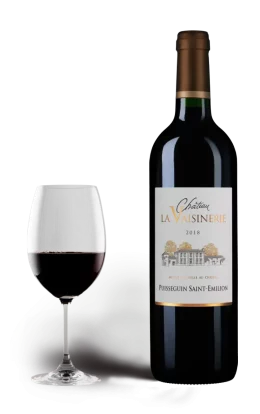
AOC Puisseguin Saint-Emilion
- Year
- 2018
Silver Medal – Concours Bruxelles 2021
Médaille d’Argent – Bettane et Desseauve 2021

Château La Vaisinerie 2019
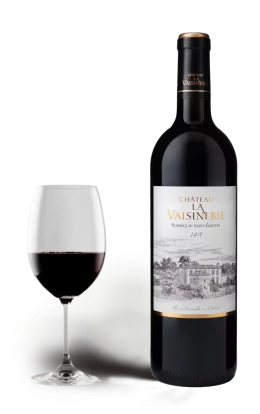
AOC Puisseguin Saint-Emilion
- Year
- 2019
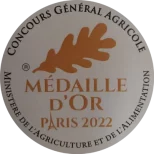
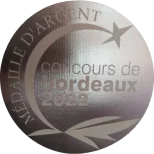
Château La Vaisinerie 2020
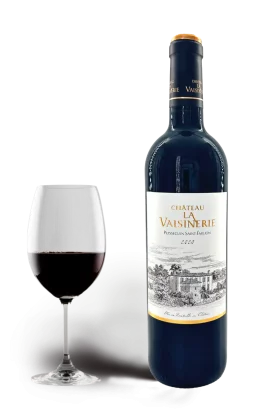
AOC Puisseguin Saint-Emilion
- Year
- 2020

Château La Vaisinerie 2021
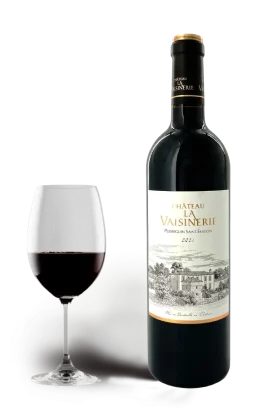
AOC Puisseguin Saint-Emilion
- Year
- 2021

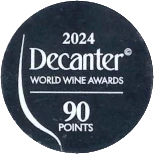
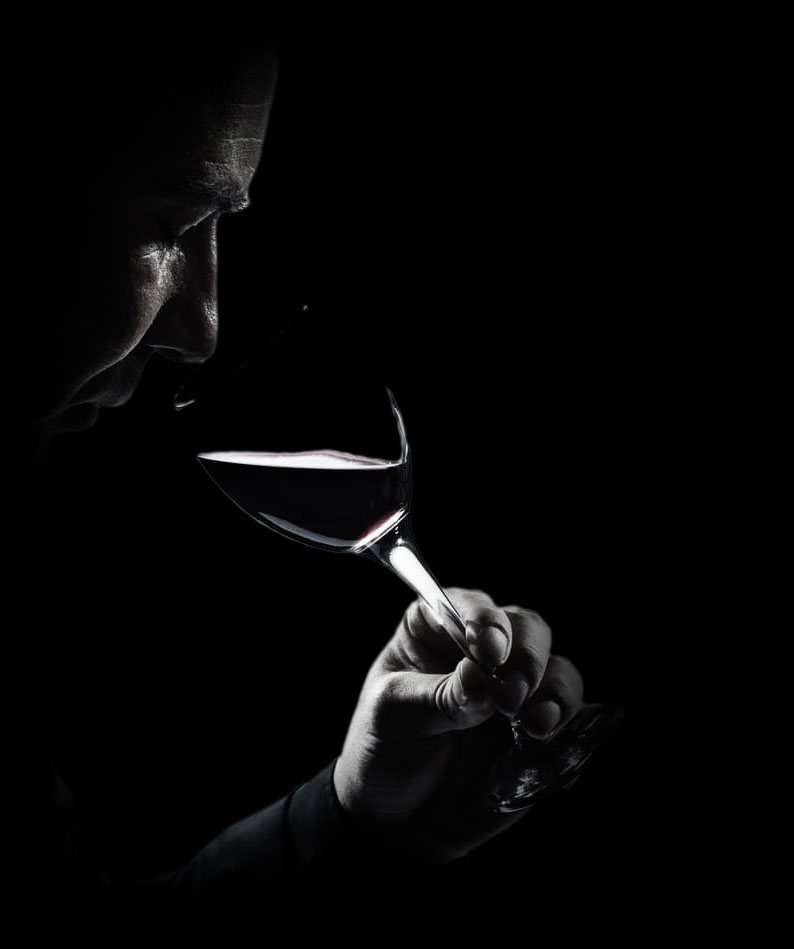
Identity card of the vineyard
Château La Vaisinerie is located on the hills of Puisseguin, at 6 miles from Saint-Emilion.
Château La Vaisinerie produces Puisseguin Saint-Emilion red wines, with 90% of Merlot and 10% of Cabernet Franc. The average age of the vineyard is 35 years old.
The appellation « Puisseguin-Saint-Emilion » is said “satellite” of Saint-Emilion. This appellation covers 730 ha. The clay and limestone soil, similar to Saint-Emilion, enables a good water supply for the vine, perfect in case of drought.
The property goes on a verdant space of 25 hectares, on which the vines meet several trees, hedges and a pond. The responsible farming practices on our vineyard of 13 ha favour the blossoming of local biodiversity, real preoccupation on the property.
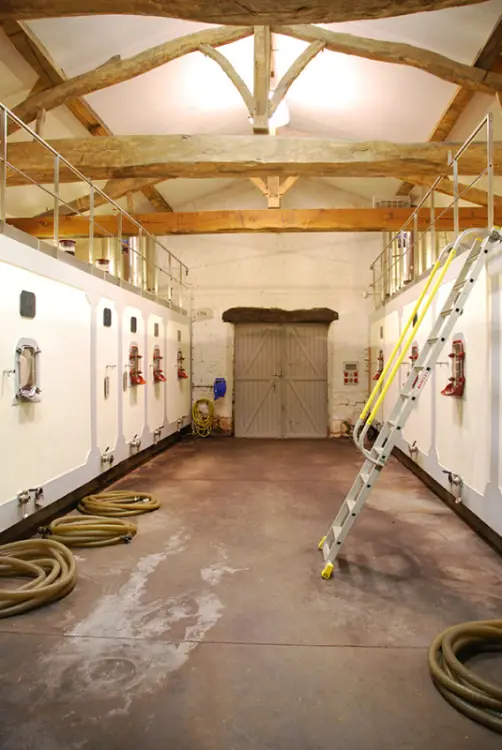
Les vendanges
Harvest is done mechanically and brought with care to vinification cellar in small inox tubs. It is selected on a succession of modern vibrant tables. Best part of the grapes are put into cellar tanks for a first cold maceration.
The vinification cellar
This Building is the counterpart of the casks cellar, they are both on each side of the main house. With a regulated temperature and concrete tanks, the management of every vinification step is very precise and avoid hermal shocks. Greatest domains in Bordeaux region are coming back to concrete material for that reason.
Half the production of Château la Vaisinerie is grown in French oak casks for 12 to 14 months.
Julien Viaud, oenologist advisor and collaborator of Michel Rolland, guides us in the production of our wines since the vintage 2018.
Half the production of Château la Vaisinerie is grown in French oak casks for 12 to 14 months.
Sustainable Viticulture
What is this ?
According to French Law, it “corresponds to global process and farming management that aim, beyond regulation constraints, to reinforce positive effect of agricultural practices on the environment while reducing its negative effects. […]
Beyond the imperatives of food safety for agricultural productswhich apply to all production, sustainable production methods can help manage health risks and contribute to improved animal welfare. They also enhance working conditions.. »
Why treating vine, and how ?
Vine needs constant care and protection. Various vine deseases like Phylloxera have barely wiped out wine growing from entire regions in 19th century in France.
The vineyard requires constant care and protection. Sustainable pest management involves "interventions decided after assessing the actual risks at the plot level, through the implementation of appropriate monitoring methods, and by reference to tolerance or intervention thresholds, choosing treatments based on their environmental impact in terms of active material, quantity, application period, respect of natural ennemies”.
Our actions
Concretely, we implement precise observation tools in the plots to continuously assess the risks and treatment needs of the vines, aiming to minimize interventions rather than treat systematically. We have planted several kilometers of hedgerows to segment the plots and absorb runoff, and we use a natural water source to supply the estate with water.
Thus, this is not organic farming, but we continuously choose treatments with the lowest possible environmental impact in terms of frequency, quantity, and quality, while ensuring the health of the vines and the quality of the wine.